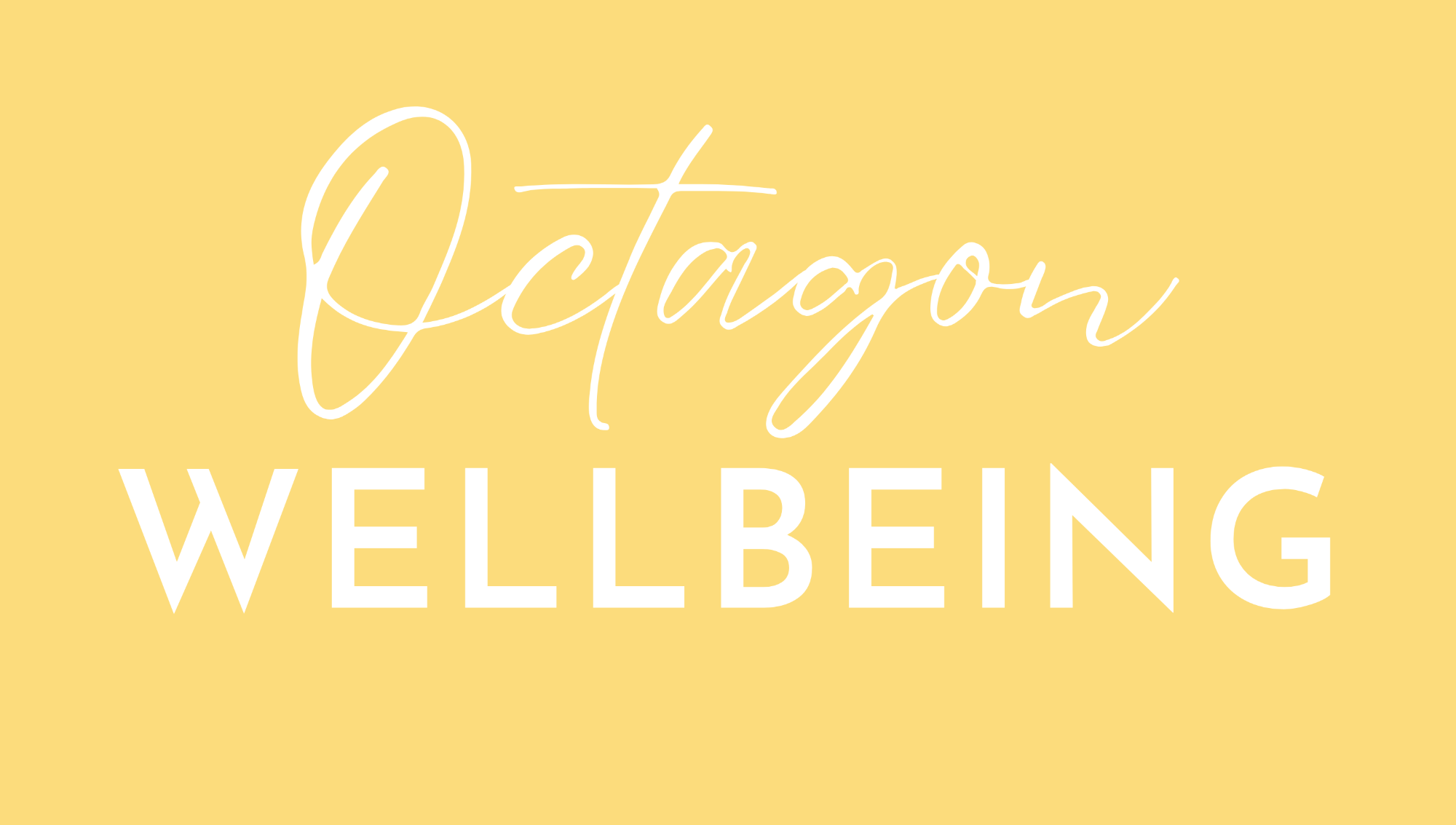What is mindfulness?
Posted on
All people are different, experiencing different life challenges and situations. Therefore I use a range of different techniques with clients. A session with me will usually include some talking therapy, hypnotherapy and very often mindfulness too, the combination of each will usually be very unique to your needs. If you’re someone that spends a lot of time worrying about the future or dwelling on the past then mindfulness might be beneficial for you to explore. Mindfulness is one of those words we so often see on social media or related to mental health and wellbeing but what does it actually mean?
Mindfulness is a practice that involves paying attention to the present moment, without judgment, and with a sense of openness and curiosity. Being mindful might involve focusing on your surroundings, breath, body sensations, or simply observing your thoughts without getting caught up in them – I know, easier said than done! Mindfulness can be applied to all aspects of your life, from eating to working, and it has been found to have numerous benefits for mental and physical wellbeing. By bringing your attention back to the present moment and letting go of past or future worries mindfulness has the ability to reduce your stress and anxiety. It can help to lower levels of the stress hormone cortisol and promote a sense of calm and relaxation. Mindfulness has also been found to be effective in treating low mood, as it can help to break the cycle of negative thinking and improve mood. Another benefit of mindfulness is its ability to improve concentration and focus which makes sense as by focusing more on the present moment you’re not being distracted by past events or future possibilities. Mindfulness has also been found to improve memory and cognitive function, which can be beneficial for people of all ages. In addition to its mental health benefits, mindfulness has also been found to have physical benefits. It has been shown to lower blood pressure, reduce inflammation in the body, and improve sleep quality.
Mindfulness is a skill that requires practice and patience. It's not a quick fix or a one-time solution. By incorporating mindfulness into your daily routine, you can begin to see the benefits over time. You also don’t have to commit to being mindful all day everyday. Once you’vepractised it you can use it as a tool you use when you feel overwhelmed by life, as and when you need it.


Add a comment: